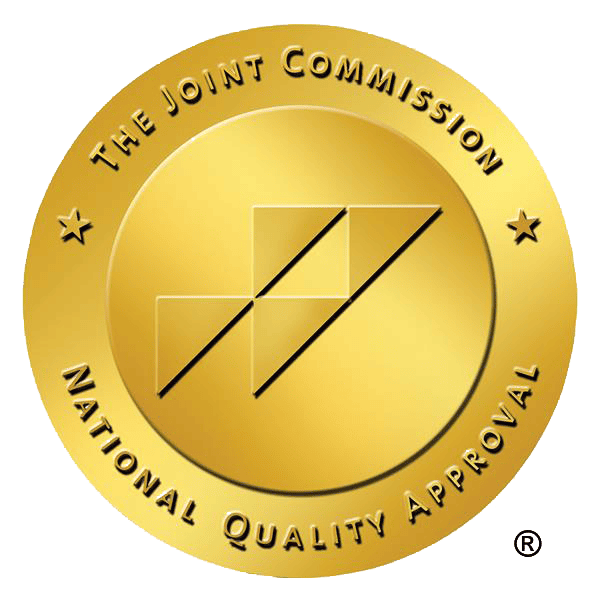A vital part of a comprehensive addiction treatment program is individual therapy. This type of therapy helps individuals focus on themselves, reflect on their addiction, and promote improved mental well-being. There are several benefits of individual therapy for addiction during rehab. Even after completing an addiction treatment program, individual therapy can continue to be beneficial in maintaining one’s sobriety.
Personalized Treatment
Individual therapy is a type of psychotherapy that is personalized to fit the individual’s specific needs and treatment goals. The therapist works with the individual to help them determine what topics they want to cover. They will also encourage the individual to share what they hope to get out of treatment. Using this information, along with a thorough evaluation, the therapist creates an individualized therapy treatment plan.
Individual therapy also involves using various evidence-based treatment modalities. CBT (cognitive behavioral therapy) and DBT (dialectical behavioral therapy) are two of the more common modalities used. People may also benefit from motivational interviewing and EMDR (eye movement desensitization and reprocessing). The specific modalities used will vary from person to person based on their specific treatment needs and goals.
Enhancing Self-Awareness and Personal Growth
A vital part of individual therapy for addiction is looking inward at one’s self. While the process can be uncomfortable at first, the objective is to help people increase self-awareness. By enhancing self-awareness, it helps people better understand the impacts addiction has had on their lives. It also allows for personal growth and improved self-confidence and self-esteem as they progress through therapy sessions.
Uncovering the Root Causes of Addiction
Part of individual therapy is uncovering the root causes of addiction through personal reflection. Once someone has a better understanding of their causes, it helps them to further identify related triggers. For example, someone may have turned to alcohol as a coping mechanism for stress or to self-medicate depressive symptoms.
Another part of this process is examining negative emotions, thoughts, and behaviors that contributed to addiction. Once these are identified, people can then learn how to replace them with healthier and positive responses.
Another common root cause that can lead to addiction is unresolved trauma. When someone has been exposed to or experienced a traumatic experience, they may not know how to cope. So, they turn to alcohol or drugs, eventually leading to addiction. Individual therapy helps uncover the unresolved trauma and helps the person learn how to address it in a positive manner.
Addressing Dual Diagnosis
Another benefit of individual therapy for addiction is addressing dual diagnosis conditions. Some people can have co-occurring substance use and mental health disorders. It is vital to treat both conditions simultaneously. Sometimes, the mental health condition occurs first, and other times, addiction occurs first.
For instance, someone has depression and, instead of seeking professional help, turns to drugs or alcohol to self-medicate their symptoms. Over time, as the body develops a tolerance to their preferred substance, so they increase the amount used. Eventually, this leads to dependence and addiction. Unfortunately, the further they sink into addiction, the worse their depressive symptoms can become.
Alternatively, someone starts abusing stimulants due to heightened focus, elevated energy levels, and euphoric effects. As they become addicted to them, they can develop mental health disorders, such as depression, paranoia, and psychosis. Continuing to abuse stimulants will cause their mental health disorder symptoms to worsen.
Furthermore, individual therapy helps the person determine what came first. It also helps them determine if they will need continued mental health treatment post-rehab.
Developing Individualized Coping Strategies
One of the primary benefits of individual therapy for addiction is developing individualized coping strategies. Many people have triggers related to why they use substances. Through individual therapy, they uncover these triggers. Once they understand their triggers, they can develop skills and techniques to manage them effectively.
Coping strategies are a vital part of reducing the risk of relapse and maintaining one’s sobriety. Each person will have different skills and techniques since their triggers are unique to them. Individuals who learn how to manage their triggers can respond in positive and healthy manners instead of turning to substances.
Privacy and Confidentiality
When people first start addiction treatment, they are not comfortable sharing various aspects of their personal lives in group therapy. They may feel ashamed, embarrassed, and afraid of how their peers will react. This is normal and to be expected.
With individual therapy, they have a private, safe, and secure setting to talk freely about anything. People are more willing to open up to their therapist once they have established rapport with them. This allows them to share things they want to keep private or are uncomfortable discussing in group sessions.
In addition, individual therapy provides complete confidentiality. Confidentiality can be important for some people due to their careers or social status. So, people know anything they tell their therapist will not be shared with anyone else.
Find Individual Therapy for Addiction in Austin
Discover the benefits of individual therapy for addiction at The Prairie Recovery Center in Austin. Our caring and compassionate team develops a personalized and comprehensive treatment plan to help you overcome your addiction. Let us help you take your first steps to a brighter future by contacting us today.









